Renting a flatbed trailer comes with a myriad of considerations. For businesses engaged in logistics, construction, or farming, understanding the nuances of flatbed trailer renting is vital. This guide will explore the costs, factors influencing pricing, and why flatbed trailers are an essential part of various industries.
Understanding Flatbed Trailers
Before we delve into rental costs, let’s define what a flatbed trailer is and its common applications:
| Feature | Description |
|---|---|
| Design | Flat structure with no sides or roof, facilitating versatile loading. |
| Capacity | Typically ranges from 48 to 53 feet in length. |
| Weight Limit | Generally can carry up to 48,000 pounds, but this may depend on specific regulations. |
| Common Uses | Ideal for transporting heavy and bulky items like machinery, building materials, and large vehicles. |
Why Choose a Flatbed Trailer?
The versatility of flatbed trailers makes them a preferred choice for diverse industries. They can accommodate various cargo types due to their open design, enabling easy loading and unloading. Additionally, flatbeds enhance accessibility for equipment that would otherwise be cumbersome to handle.
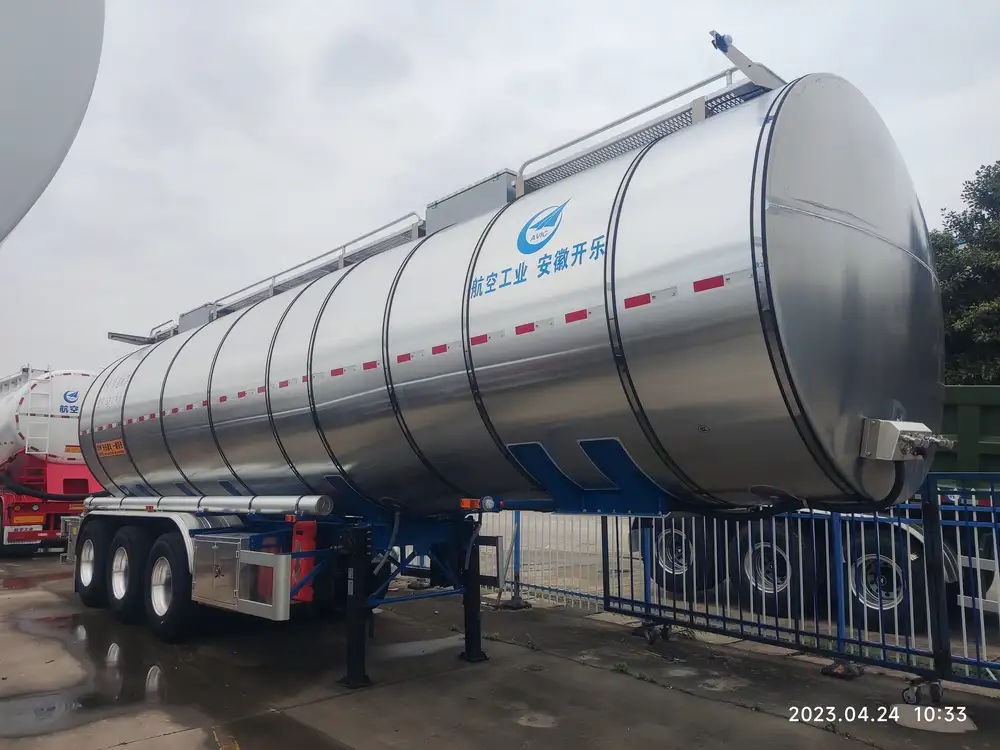
Cost Factors When Renting a Flatbed Trailer
Now, let’s dissect the significant elements affecting the cost of renting a flatbed trailer:
1. Duration of Rental
The rental duration fundamentally influences the overall cost. Renting a flatbed trailer for a day or week will typically have a different rate compared to longer terms—monthly or yearly agreements can provide better per-day rates.
2. Trailer Size and Specifications
| Size | Average Rental Price (Daily) | Average Rental Price (Weekly) | Average Rental Price (Monthly) |
|---|---|---|---|
| 48 ft Flatbed | $100 – $150 | $300 – $600 | $1,200 – $1,800 |
| 53 ft Flatbed | $120 – $180 | $350 – $700 | $1,400 – $2,000 |
The size and specifications of the trailer including weight capacity, materials, and additional features like tilt capability or ramps will drive rental fees.

3. Location
Rental prices vary significantly across regions. Urban areas may have a higher rental cost due to demand and operational expenses. Additionally, proximity to rental agencies can affect availability and delivery costs.
4. Insurance and Additional Fees
Standard insurance is often a requirement when renting. Understanding the coverage provided will help avoid hidden costs. Moreover, some agencies may charge for additional services such as delivery, setup, or maintenance during the rental period.
5. Seasonal Demand
Certain times of the year witness increased demand for trailers, particularly during peak construction or harvest seasons. Renting a flatbed trailer during these peak periods will likely result in higher costs. For instance, summer might see a surge in rental for moving and construction projects.
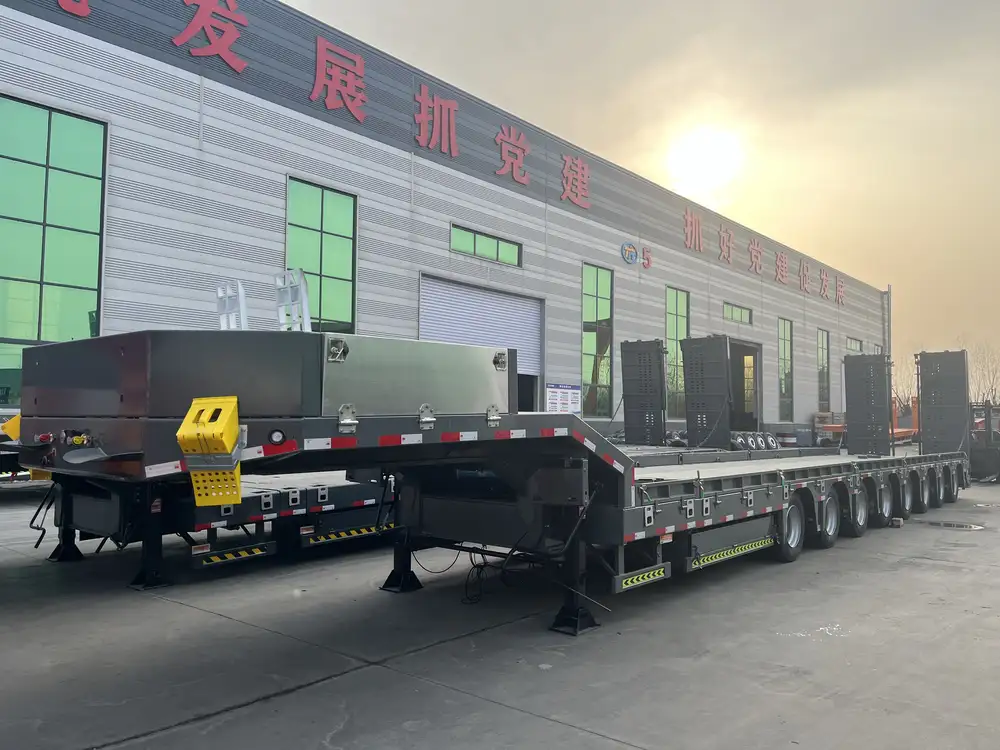
Hidden Costs Associated with Trailer Rentals
While assessing the basic costs associated with flatbed trailer rentals, it’s crucial to consider potential hidden costs:
1. Mileage and Fuel Charges
Rentals frequently have policies regarding mileage limitations. Exceeding a set number of miles can incur additional charges. Furthermore, fuel costs are often the responsibility of the renter, making it essential to calculate these expenses upfront.
2. Damage Deposits
A damage deposit could be required and is typically refundable, contingent upon the trailer’s condition upon return. Understanding this upfront can help in budgeting.
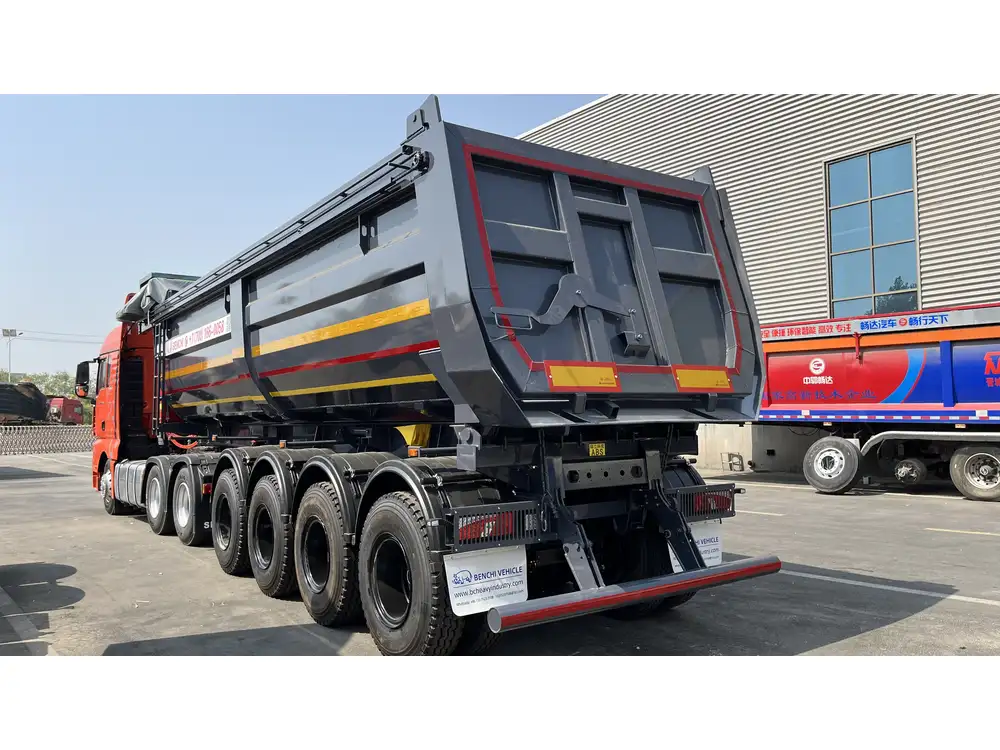
3. Late Return Fees
Returning the trailer later than stipulated may lead to additional charges, often on a per-day basis.
How to Rent a Flatbed Trailer
Renting a flatbed trailer involves a few pivotal steps to ensure you acquire the right trailer for your projects without incurring undesired costs:
1. Determine Your Requirements
Identify the specifications necessary for your project. The type of load, weight, and transport method will dictate your trailer needs.
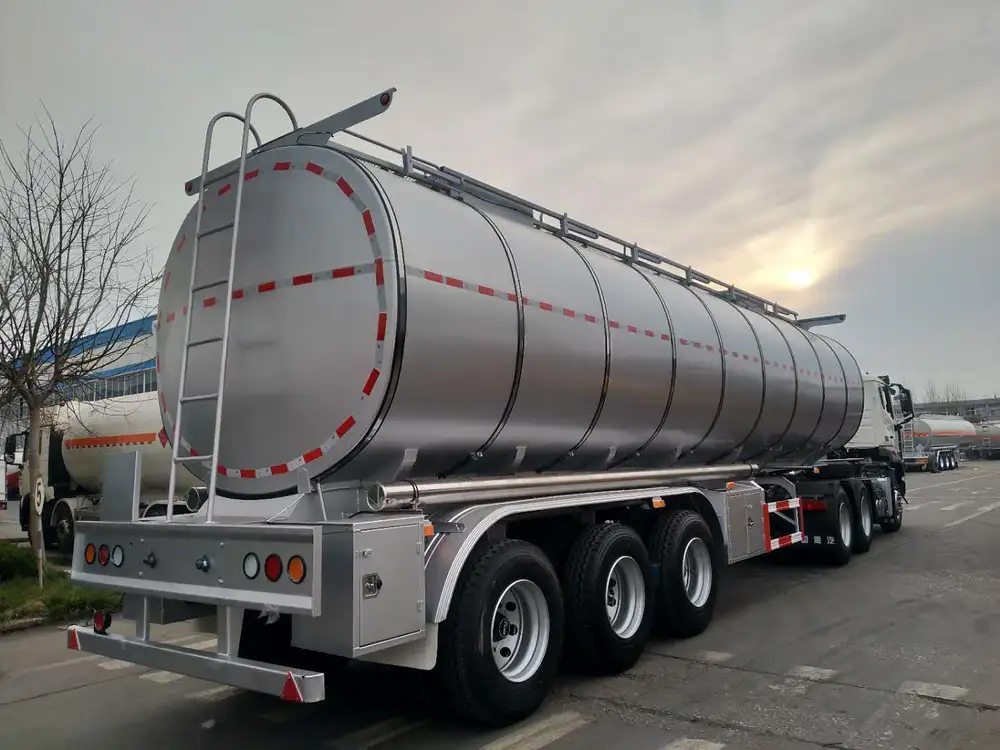
2. Research Rental Companies
Search for local and national rental companies that cater to your region. Compare offerings, customer reviews, and pricing structures to ensure you’re choosing the best option.
3. Inquire About Availability
Once you have identified potential rental companies, check the availability of flatbed trailers during your needed timeframe.
4. Understand the Rental Agreement
Before finalizing the rental, scrutinize the rental contract. Ensure clarity on rental duration, rate structures, insurance coverage, and all included expenses.

5. Inspect the Trailer
Upon pickup, conduct a thorough inspection of the trailer to document its condition. This will safeguard against future disputes concerning damage.
Benefits of Flatbed Trailer Rentals
Renting rather than purchasing a flatbed trailer can yield numerous advantages:
1. Cost-Effective Solution
Renting offers flexibility without a significant capital expenditure. Businesses can allocate funds where needed without a long-term commitment.
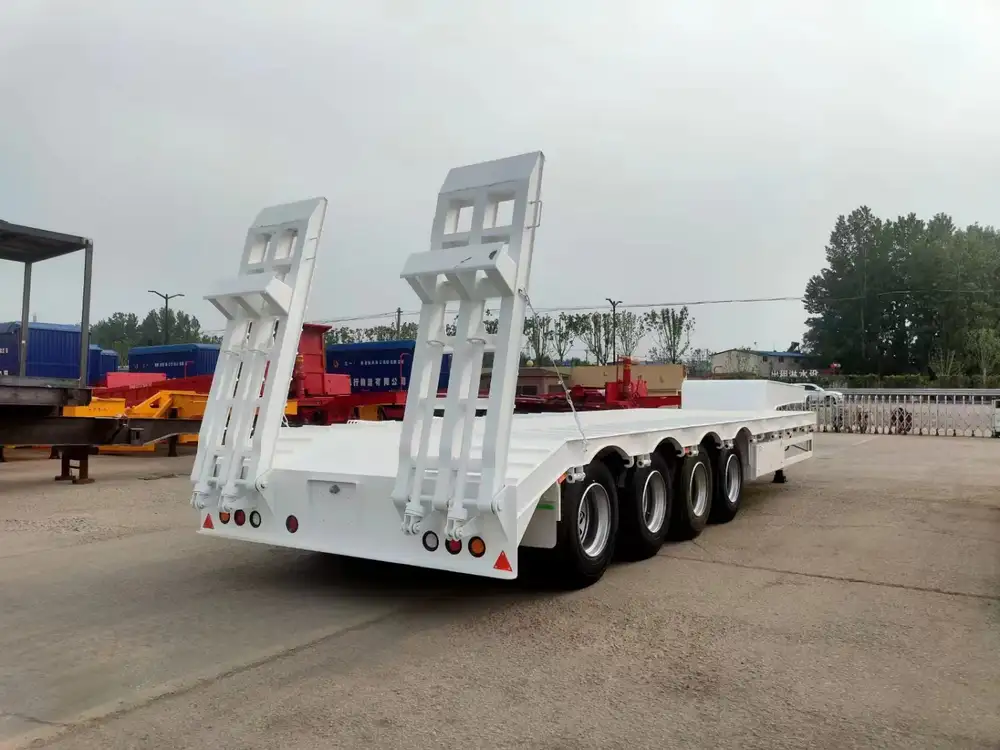
2. Access to Modern Equipment
With continual advancements in trailer technology, renting allows users access to the latest models equipped with the latest safety and efficiency features.
3. Flexible Rental Terms
The ability to choose rental duration means that companies can adapt their logistics to variance in demand, reducing overhead costs.
Conclusion
In the ever-evolving landscape of industrial logistics, understanding the financial implications of renting a flatbed trailer is essential. Flatbed trailers provide unparalleled versatility in transport and logistics, making them a staple in many industries. Regardless of your needs—whether you’re transporting oversized loads, equipment, or materials—the considerations laid out here provide a comprehensive roadmap for navigating the flatbed trailer rental market.
As you contemplate the decision to rent, remember to scrutinize all the elements affecting costs, ensuring your choice aligns with both present requirements and future projections. Engage reputable rental companies, compare their offerings, and conduct diligent inspections to safeguard against unforeseen complications. By doing so, you will not only secure a fair rental rate but also guarantee the success of your transportation needs.

FAQ
What is the typical rental duration for a flatbed trailer? Rentals can vary from a single day to several months based on project requirements.
Can I rent a flatbed trailer with specialized features? Depending on the rental company, you can rent flatbed trailers that include features like ramps, high weight capacity, or custom builds for specific cargo.
Is insurance necessary when renting a flatbed trailer? Yes, insurance is usually required to cover potential damages to the trailer during your rental term.
What should I do if the trailer has pre-existing damage? Document any pre-existing damage with photos and inform the rental company to ensure it is noted in your rental agreement to avoid charges upon return.
By adhering to this guide and exercising due diligence, you will be well-equipped to navigate the flatbed trailer rental landscape efficiently and effectively.



